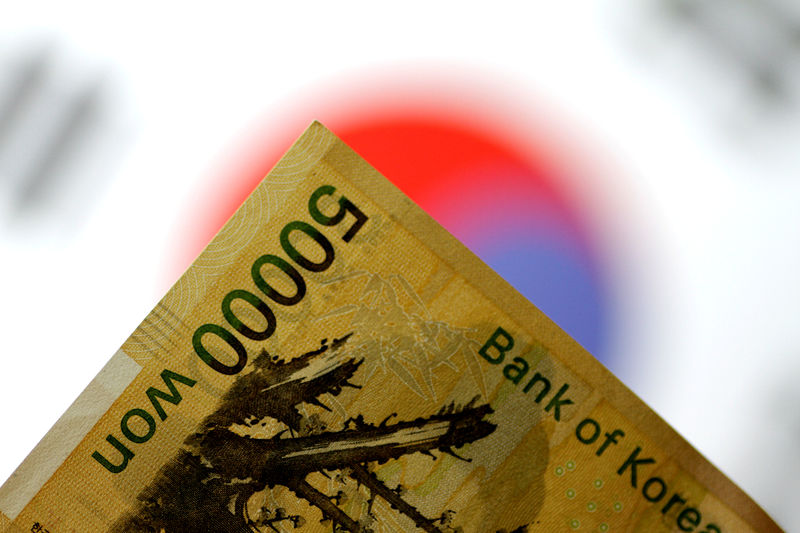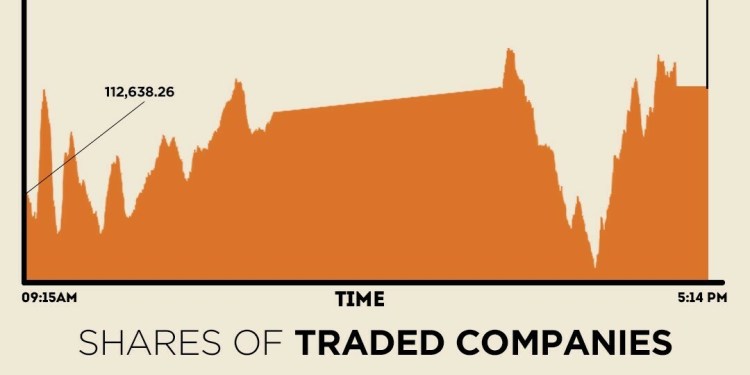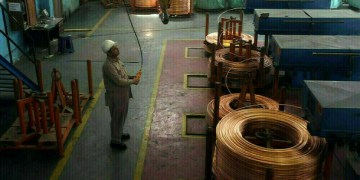 © Reuters. Illustration photo of a South Korean Won note
© Reuters. Illustration photo of a South Korean Won noteBy Cynthia Kim and Shin-hyung Lee
SEOUL (Reuters) – South Korea will look at ways to direct capital flows offshore if the won
Asia’s fourth largest economy is highly reliant on shipments of high-end goods such as ships, automobiles and electronics for its growth but also had one of the region’s hottest currencies in 2017, which has weighed on its export competitiveness.
People familiar with matter told Reuters on Wednesday the nation’s foreign exchange authorities may look into ways to spur investment abroad should the local currency appreciate on a consistent basis.
This would be separate to regulators’ market operations to curb the won’s volatility, which would still be conducted when required.
A spokesperson for the finance ministry, which is responsible for foreign exchange regulation, declined to comment on the matter.
The sources did not provide details on the potential measures and declined to elaborate when asked if the steps could include tax breaks similar to those announced in 2015.
Back then, South Korea offered up to 10 years in tax exemptions on investment gains from funds that put more than 60 percent of assets into overseas stocks. The scheme took effect in February 2016 and expired in December.
Rising domestic interest rates, strong exports and heightened U.S. scrutiny on South Korea’s foreign exchange regime have made it harder for Seoul to tame the won, which rose 13 percent last year, its best annual gain in 13 years.
Measures that encourage capital out of the country could help policymakers remove some of the upward pressure on the currency without needing to use direct intervention in the foreign exchange market, a sticking point in Seoul’s relations with the Washington.
South Korea posted current account surpluses for 68 straight months through to October last year, data from the Bank of Korea showed.
In October, the U.S. Treasury Department kept South Korea on a “monitoring list” of countries in its report on foreign exchange policies of its major trading partners, along with China, Japan and Germany.
In value terms, South Korean exports surged to their highest on record in 2017 thanks to soaring global demand for memory chips, cars and petrochemical products.
The government sees exports growing 4 percent this year, slowing from the 15.8 percent growth in 2017. In terms of the value of goods sold, South Korea exported $573.9 billion in 2017, marking it the best year since 1956 when such records began.
At the same time, the strong won has been a point of pain for local manufacturers.
A think tank from Hyundai Motor (KS:) last month flagged risks from the won’s strength against the Japanese yen, warning current levels could hurt demand for South Korean cars in markets such as Europe and the U.S. in the year ahead.
Citing its Hyundai Sonata sedan as example, Lee Bo-sung, a director at the think tank, said the model was only 2 percent cheaper than Honda’s Accord as of 2017 in the U.S. market, compared with 10 percent in 2011.
The won snapped six days of gains and weakened 0.3 percent against the dollar on Wednesday but closed just below its three-year high of 1,064.5 per dollar, hit on Tuesday.
Source: Investing.com




























